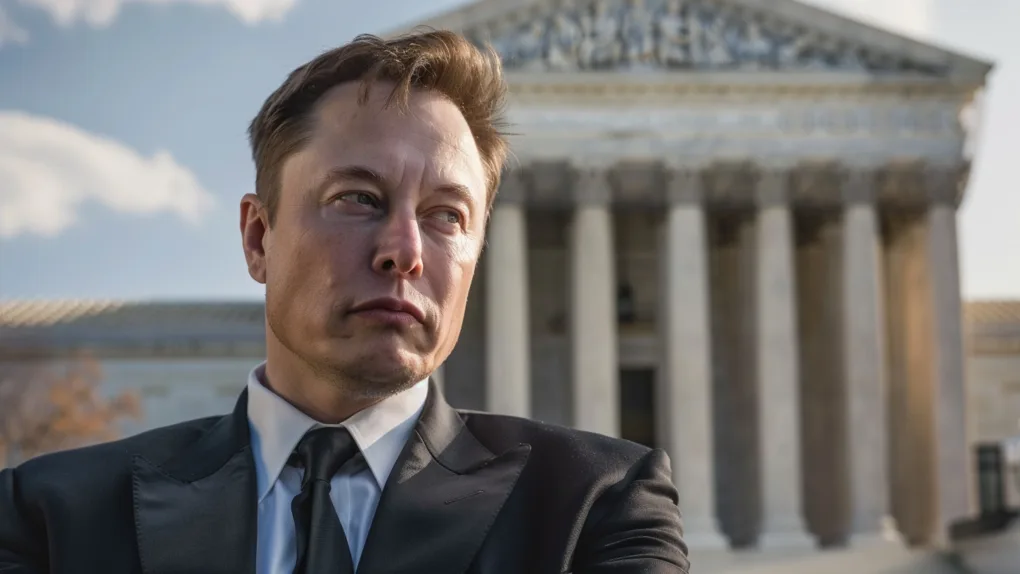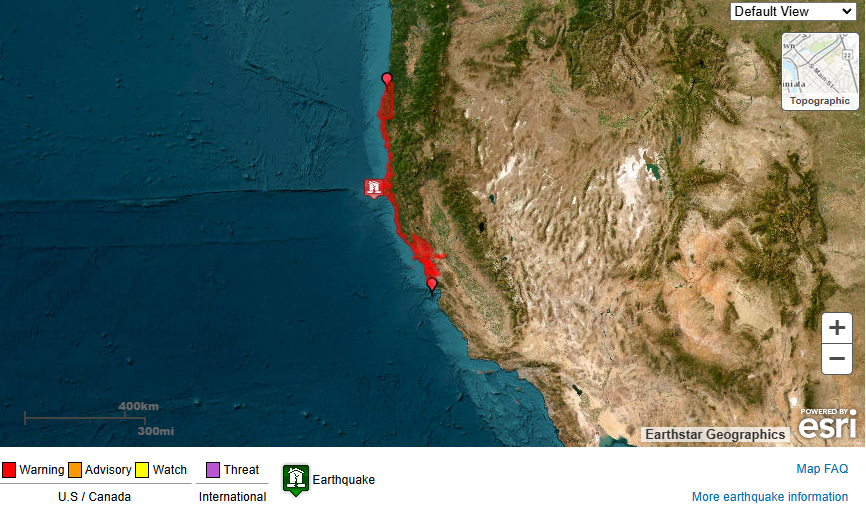Elon Musk’s stance on encouraging people to “have more children” certainly cannot label him a hypocrite, given that he himself is the father of 11 children with three different women. Two of his children are with Shivon Zilis, an executive at one of his companies, Neuralink. Zilis has clarified that she and Musk never dated; instead, the twins were conceived through IVF. Musk’s rationale, as conveyed by Zilis, is that he believes “smart people” should have kids.
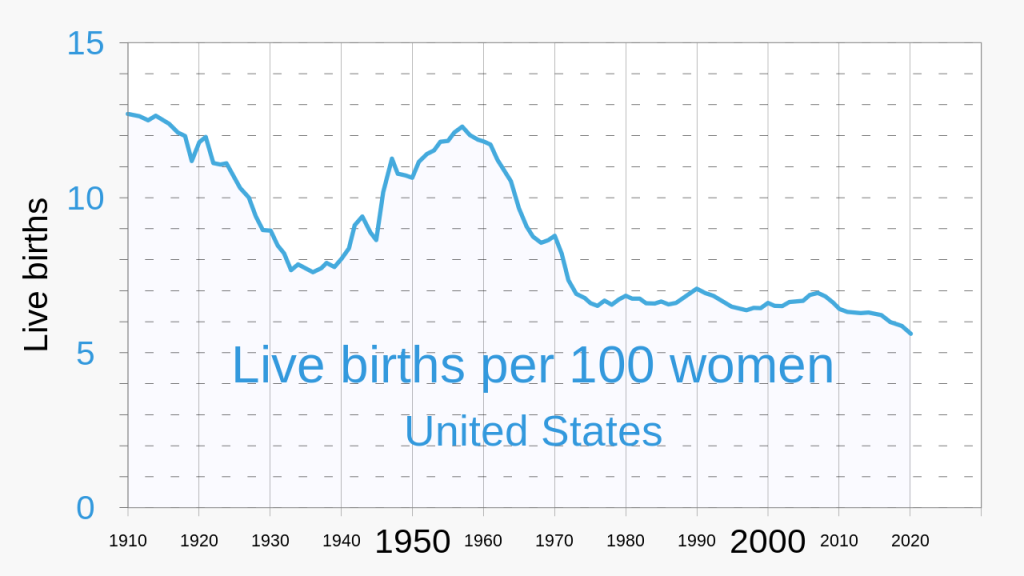
The worry about declining birth rates has been a consistent concern for Musk. He has expressed concerns about a “population collapse” due to low birth rates being a greater risk to civilization than global warming. Recently, he emphasized this point by remarking on a social media platform that America is “trending towards extinction” in response to reports of the lowest U.S. birth rate in a century.
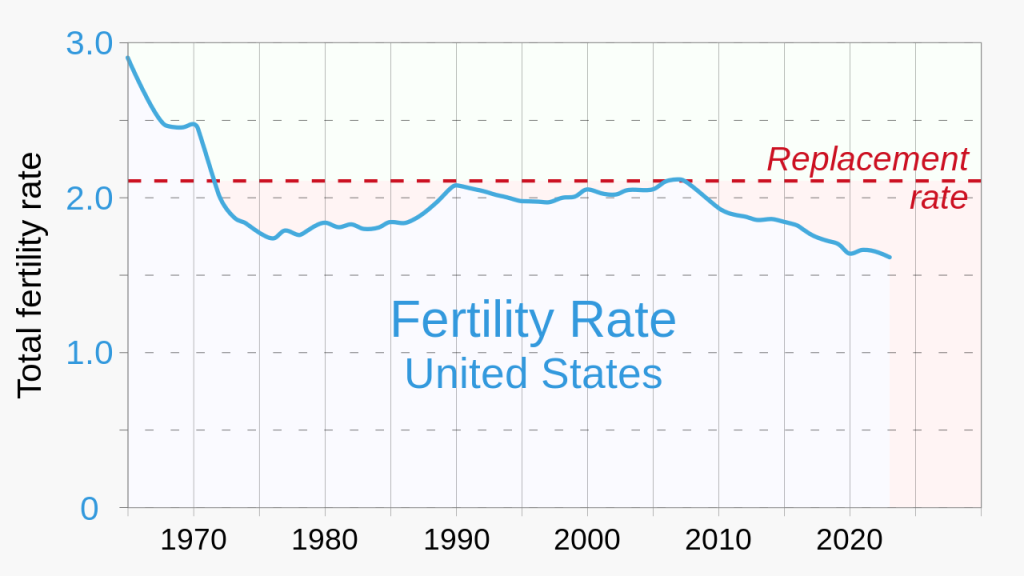
While Musk criticizes those opting not to have children and has even proposed eliminating voting rights for childless individuals, the decision to not have kids is influenced by various factors beyond mere preference.
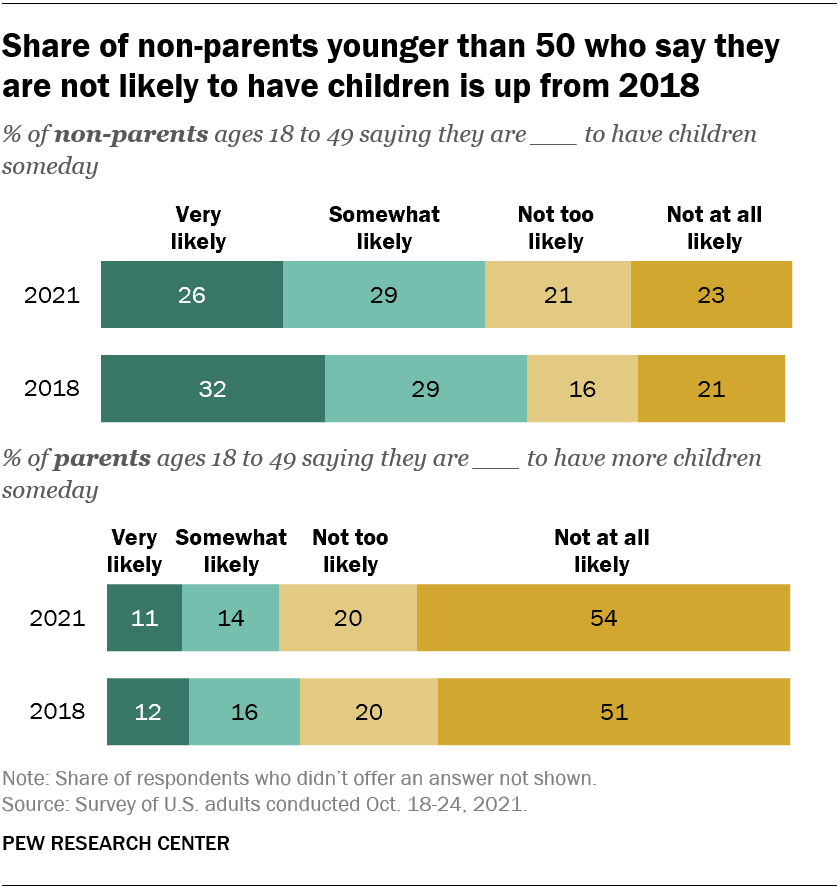
According to a 2021 survey by Pew Research Center, 56% of non-parent American adults aged 18 to 49 cited not wanting children as their reason, while 43% mentioned “some other reason.” Among those citing “some other reason,” factors like age, medical issues, and financial constraints were common.
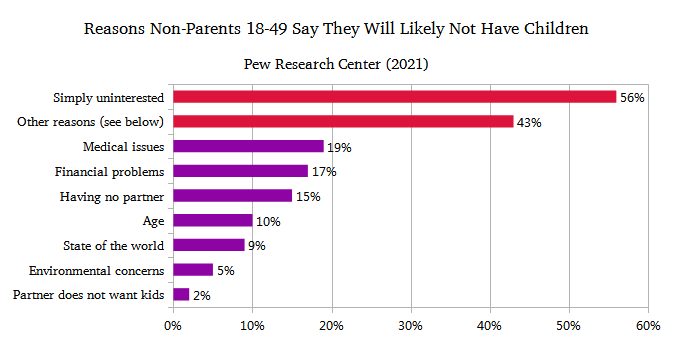
Musk’s perspective may reflect a disconnection from the average cost of raising a child in the U.S., which is nearly a quarter of a million dollars before factoring in college expenses.
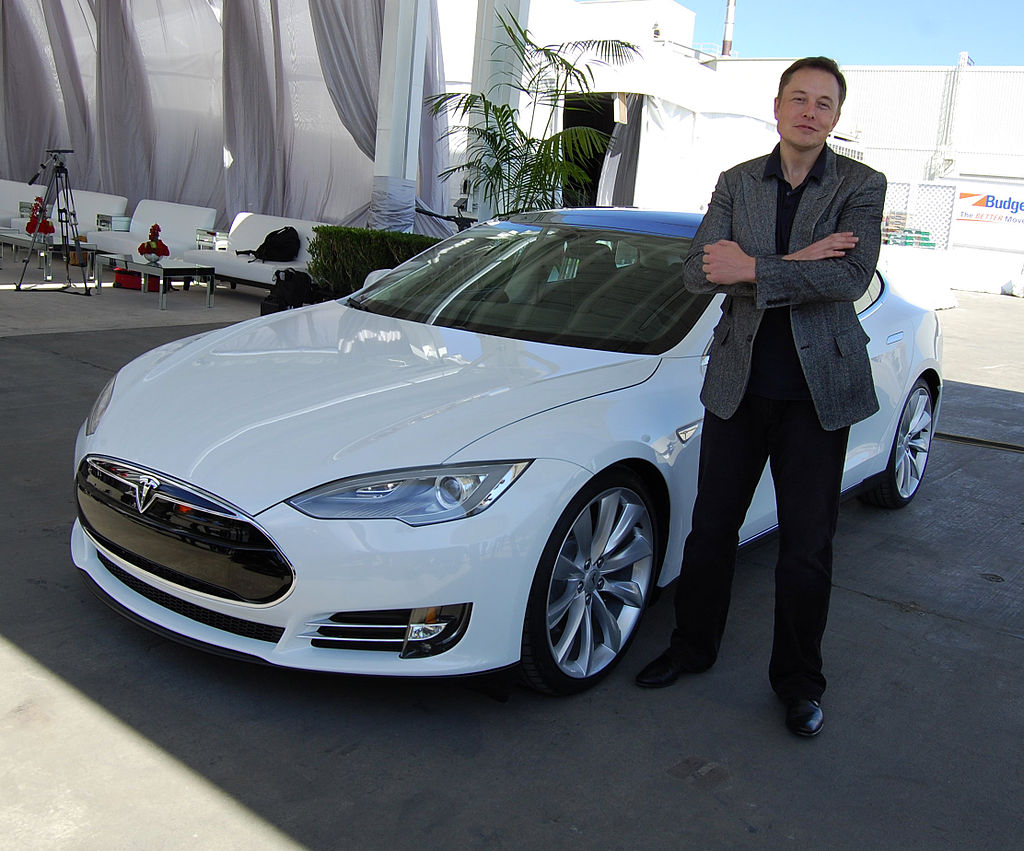
With a net worth of approximately $198.4 billion, Musk can afford to have as many children as he desires. However, it’s worth noting that not all experts share Musk’s alarmist view regarding population collapse.
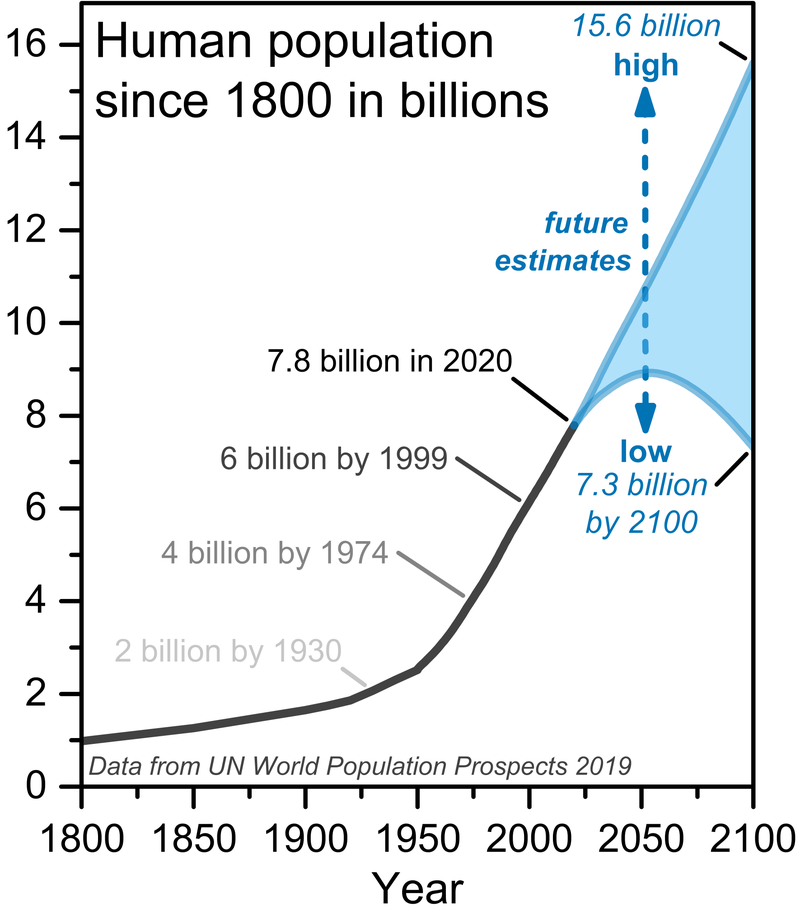
Tomas Sobotka, speaking at the Vienna Institute of Demography, reassured that despite Earth’s population surpassing 8 billion, there’s no imminent collapse projected.
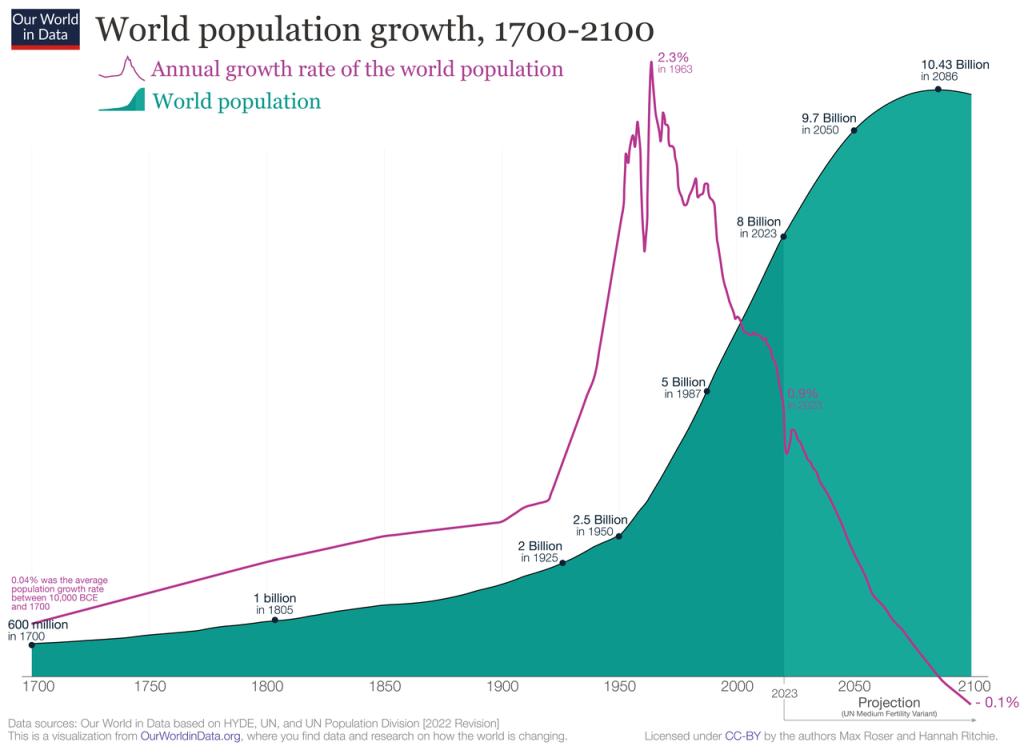
The United Nations also predicts that population declines until 2050 will mainly affect heavily populated regions in eastern and southeastern Asia. Even with a reduction in population growth the actual number of people on the planet will still continue to increase exponentially.

